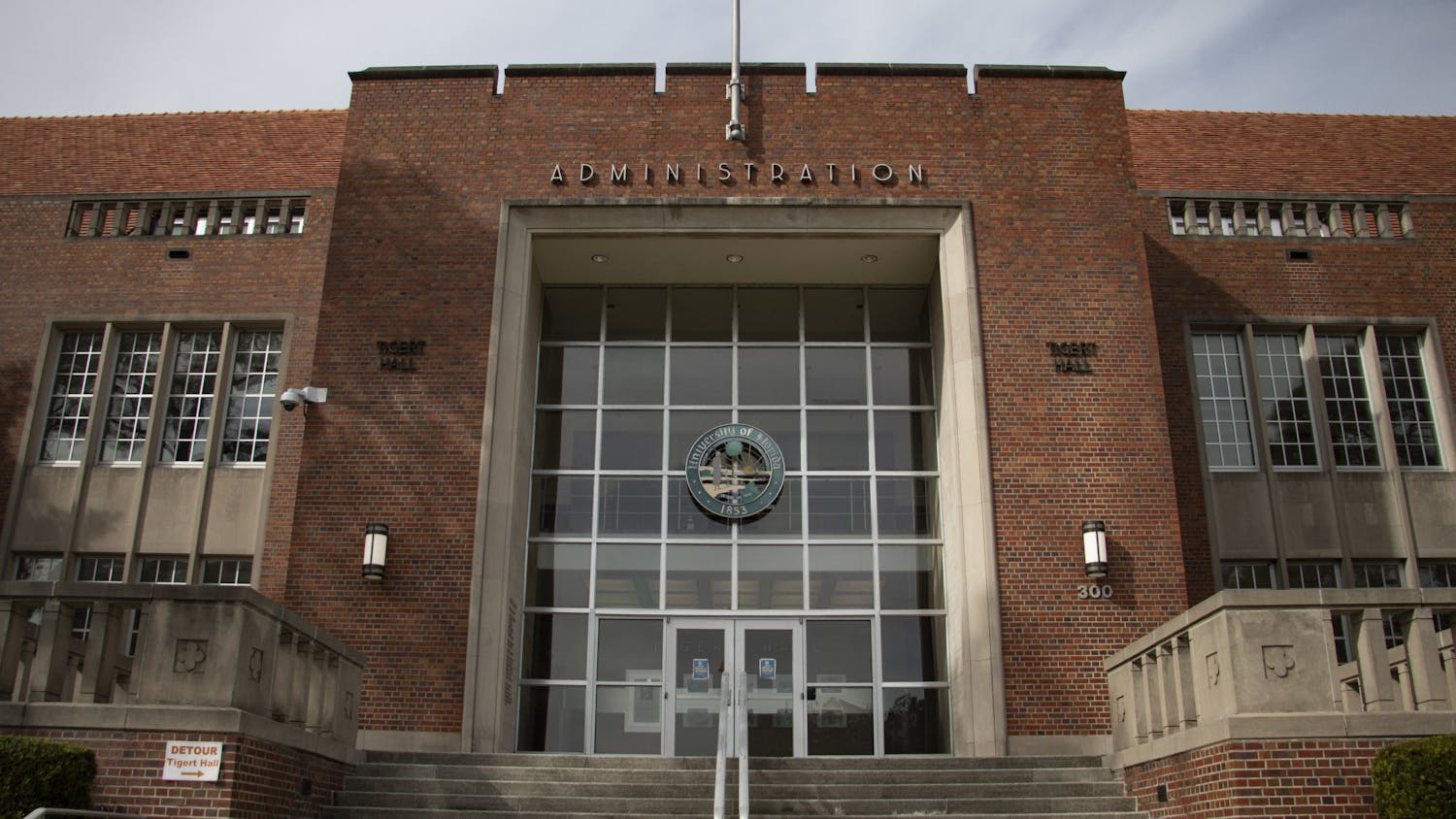In an unsurprising and opportune moment last month, an Iranian official snubbed yet another U.S president.
Hassan Rouhani, Shiite cleric and newest presidential elect, opted against shaking hands with President Barack Obama at the U.N. General Assembly.
According to The New York Times, Obama reportedly phoned Rouhani upon invitation with the intent to discuss Iran’s nuclear program.
The 15-minute phone call has since been callously dubbed “historic” by Western media outlets, who neglect to acknowledge the lack of progress made by both indirect and direct dialogue.
Instead, Rouhani refuted any claim the phone call was invited and, according to Reuters, claimed the call was a U.S.-led initiative.
Reuters also reported Rouhani was greeted by egg-wielding hardliners upon his return to the Islamic republic and even had a shoe hurled at him.
The Iranian president’s unwillingness to shake Obama’s hand and his return to a hostile Iran reinforce the understanding that the Ayatollah still exerts a full paternalistic power in Iran.
Yet there seems to be an air of optimism surrounding the newly elected president.
Indeed, the image of the Iranian reformer is quite familiar.
In 1997, Mohammad Khatami was elected to the presidency with promises of reforms, according to the BBC.
However, the dissatisfied supreme leader stymied the hopeful reforms and, as a result, Khatami’s policies failed.
Reformist leader Mir Hussein Mousavi suffered a similar fate in 2009 when elections were rigged against him, the Guardian reported.
Mousavi then faced the wrath of the Ayatollah for encouraging democratic reforms amidst the Arab Spring, a venture for which he was placed on house arrest.
With such an appalling level of autonomy, it’s obvious why spectators hold Iranian presidents to such a low standard.
For instance, after conducting a speech with CNN in which Rouhani allegedly affirms and condemns the Holocaust’s existence, he received praise from those who thought him to be an anomaly.
Yet the Iranian news agency Fars claimed the CNN translation was misleading and that the word “Holocaust” was never used, according to Slate.
This begs the question: Can the international community trust a man who refuses to shake another man’s hand? Or politely receive a phone call without denying he invited it? Or even confirm what he said in an interview?
Despite his promises of reform, Rouhani’s actions have shown he is not a reformist or revolutionary but quite simply another tool plucked by the Ayatollah from his garage of obtuse theologians.
Accepting the Holocaust occurred or picking up a phone call doesn’t qualify as reform.
The seventh president of the Islamic republic first has to show his willingness to follow through on promises not to pursue nuclear weapons, oversee democratic change in his country and break free of the Ayatollah’s grip.
However taunting this may seem, the first step would be for those outside of Iran to hold him accountable to his promises.
Richard Vieira is a UF political science senior. His column runs on Fridays. A version of this column ran on page 6 on 10/4/2013 under the headline "New Iranian president hasn’t delivered"




